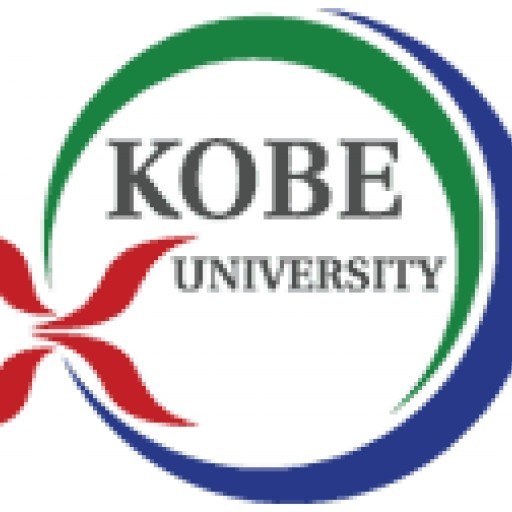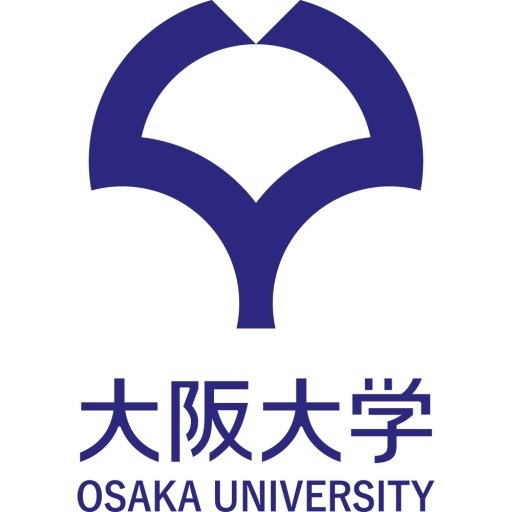Photos of university
The focus of this Department is on organisms related to food and agriculture, and materials linked to the environment and related areas. We develop human resources who have superior knowledge and skills based mainly on chemistry and biology to contribute to the development of areas including agriculture; bioindustries related to food, chemistry and medicine; and the creation and protection of the agricultural environment. Through guided research, we train individuals in a higher level of specialist knowledge, skills, scientific thinking and expression. The Department has two divisions: the Division of Applied Chemistry in Bioscience and the Division of Agroenvironmental Biology.
About the Master’s Program
- Students can gain a broad grounding in agriculture and interdisciplinary knowledge through core cross-disciplinary learning in food, the environment, and healthy organisms.
- Each course within the Master’s Program is designed to prepare students for the more specialist classes in the Doctoral Program.
- Students can learn to organize their research results, present in front of a group and express their ideas through the class on public presentations.
- Students can gain an interdisciplinary perspective through taking a joint class with the five natural sciences graduate schools in Kobe University, Advanced Science and Technology I.
- Students can gain the comprehensive knowledge needed for advanced specialist careers by making use of the program course authorization system in collaboration with four natural science graduate schools in Kobe University.
- Students can gain a grounding in leadership and an international perspective by taking courses in sustainable food production and environmental protection in the Asiatic region.
Program requirements for the Agrobioscience undergraduate degree at Kobe University include completing a total of approximately 124 credits over the standard four-year course period. Students must fulfill mandatory coursework in core subjects such as plant and animal biology, soil science, agricultural technology, and environmental science. In addition to compulsory courses, students are encouraged to select elective subjects that complement their interests and career goals, including subjects like Asian agricultural systems, sustainable agriculture practices, and biotechnologies. Language proficiency requirements stipulate a certain level of English and Japanese competency, with students expected to demonstrate functional skills through standardized tests or university assessments. Practical training components are integral to the curriculum, requiring students to participate in fieldwork, lab experiments, and internships to acquire hands-on experience in agricultural and bioscience techniques. Research project requirements include designing and conducting independent research under the guidance of faculty advisors, culminating in a thesis or report that must meet academic standards for originality and methodology. Attendance at seminars, workshops, and discussions organized by the department enhances students' understanding of current issues and innovations in agricultural biosciences. Interdisciplinary coursework is also emphasized, combining principles from genetics, ecology, chemistry, and economics to foster comprehensive problem-solving abilities. Students must adhere to institutional academic integrity policies and maintain a minimum cumulative GPA to progress through the program successfully. Additional requirements may include participation in international exchange programs or collaborative projects aimed at promoting global agricultural development. Overall, the program aims to produce graduates equipped with both theoretical knowledge and practical skills necessary for careers in agriculture, food security, environmental management, and bioscience research.
The following scholarships are available to privately financed students (excluding Foreign Government Scholarship Students). Selection for awards is based on academic record, character, and other factors. Information is posted on the notice board of the Center for International Education and each faculty. Please visit Kobe University website to obtain information onscholarships.
Japanese Government Scholarship ("Monbukagakusho" Scholarship)
Applications for Japanese Government Scholarships can be made through Japanese embassies and consulates abroad or on the basis of a recommendation by a Japanese university.
Privately-financed students in Japan can also apply in the following way:
※The government may not call for applications depending on the year.
Notification
Notices posted in all faculties
Application time
Around October to November
Qualifications
Self-financed students with excellent academic records. (excluding students granted other scholarships, including by foreign governments.)
- Undergraduate students
Students under 26 years old (Medical majors: under 28), who are proceeding to their last academic year.
- Graduate students
Students under 35 years old, currently on a master's or doctor's course, or those proceeding to these courses in April of the following academic year.
Scholarship Amount (AY 2015)
| Undergraduate students | ¥120,000* | |
| Graduate students | Research students Non-degree students Master’s course Doctoral course |
¥146,000* ¥146,000* ¥147,000* ¥148,000* |
* Subject to change. AY: academic year
Extension of Japanese Government Scholarship
If a current recipient of Japanese Government Scholarship is willing to go on to higher education, his/her status may be extended under specific conditions and through proper extension procedures.
Notification: Notices posted in all faculties
Application time: October (note: April for those who wish to go on to a more advanced degree that October.)
Qualifications: Japanese Government Scholarship students with excellent academic records who hope to study in a higher level program.
Please note that application conditions vary depending on which program applicants want to go on (research student → master’s/doctoral student, master’s→doctoral student, undergraduate →master’s student, medical undergraduate→doctoral student).
The Agrobioscience program at Kobe University offers a comprehensive curriculum focused on the study of agricultural sciences, integrating principles from biology, ecology, and environmental science to prepare students for careers in sustainable agriculture, food security, and environmental management. The program aims to develop professionals capable of addressing global challenges related to agriculture such as climate change, resource management, and food production. Students are exposed to a diverse range of subjects including plant and soil sciences, agricultural engineering, biotechnology, pest and disease management, and ecological conservation. The curriculum emphasizes both theoretical knowledge and practical skills, offering laboratory work, field studies, and internships to facilitate experiential learning. Kobe University’s state-of-the-art facilities and research centers provide students with opportunities to engage in cutting-edge research projects. The program also fosters international collaboration, encouraging students to participate in exchange programs and joint research initiatives with institutions worldwide. Graduates of the Agrobioscience program are equipped to pursue careers in research institutions, governmental agencies, non-profit organizations, and private sectors involved in agriculture, environmental protection, and resource management. The program reflects Kobe University’s commitment to promoting sustainable development and agricultural innovation through multidisciplinary education and research. Students benefit from guidance by experienced faculty members dedicated to advancing knowledge in agricultural sciences, thereby preparing them to contribute effectively to global efforts in ensuring food security and environmental sustainability.










